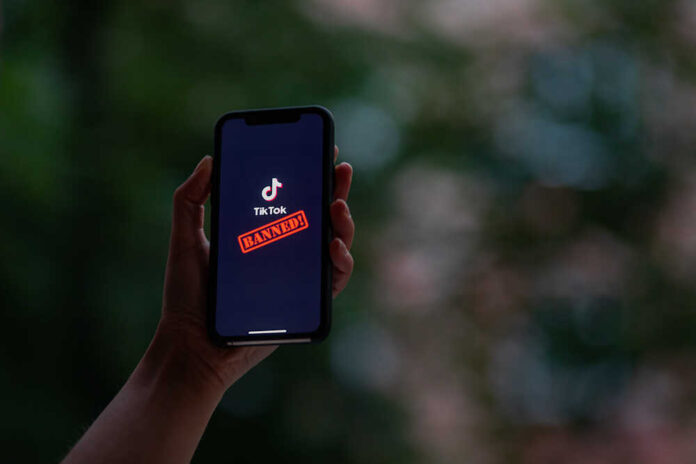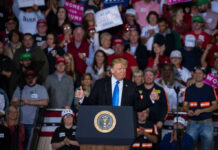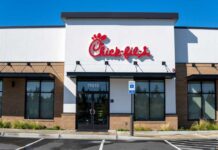
TikTok is facing a potential ban in the U.S., with lawmakers on both sides of the aisle pushing for its deletion from Americans’ phones. They are expressing concerns that user data is being shared with the Chinese government, which is controlled by the Chinese Communist Party (CCP). As a result, TikTok executives are making an all-out lobbying push to persuade Washington lawmakers that its new entity, called TikTok U.S. Data Security, will be walled off from government surveillance.
The company’s interim security officer, Will Farrell, touted the new operation’s closeness with the U.S. government at the State of the Net Conference. He indicated that data security is being taken seriously at TikTok’s new U.S. operation that he is helping to manage. He added that the new TikTok would boast layers of approval by the American government over key personnel, including a board of directors.
However, many lawmakers and tech observers dispute TikTok’s claims about its actions and intentions. Rep. Michael McCaul (R-TX) introduced new legislation last month to empower the Biden administration to ban TikTok nationwide.
TikTok executives butter up Washington insiders in bid to head off a ban in the U.S.https://t.co/UNJ8JPh51Y pic.twitter.com/oj61NUXdfo
— The Washington Times (@WashTimes) March 7, 2023
In addition, Democratic lawmakers’ appetite for more significant restrictions on TikTok looks to be growing. Sen. Mark Warner (D-VA) is set to join Sen. John Thune (R-SD) to introduce new legislation that would address threats that the lawmakers say TikTok poses.
TikTok has bumped up its spending on lobbying, spending at least $5.38 million in 2022 in the U.S., according to an OpenSecrets analysis. That marks continuing increases from $5.18 million spent on Washington lobbying efforts in 2021, $2.61 million in 2020 and $270,000 in 2019.
TikTok CEO Shou Zi Chew is scheduled to appear before a congressional committee on March 23, when he is expected to testify before the House Energy and Commerce Committee. He is expected to be asked about TikTok’s “consumer privacy and data security practices, the platforms’ impact on kids, and their relationship with the Chinese Communist Party.”
Analysts are not yet convinced TikTok will get banned. “Although there seems to be consensus from both parties in Congress and the White House on this issue, the greatest obstacle to action is not specific to TikTok but general gridlock in Washington,” said Benjamin Salisbury, director of research at Height Capital Markets.
“As a result, it is still too early to tell how easily legislation will be able to pass a divided Congress,” he added.
A ban on TikTok could help U.S. social media players such as Snapchat parent Snap Inc., Facebook parent Meta Platforms Inc. and Youtube parent Alphabet Inc. However, software giant Oracle Corp. counts TikTok as a customer and could be hurt.














